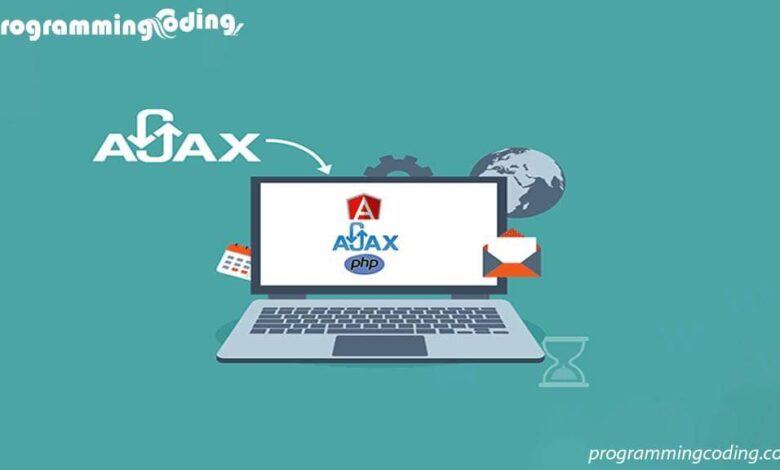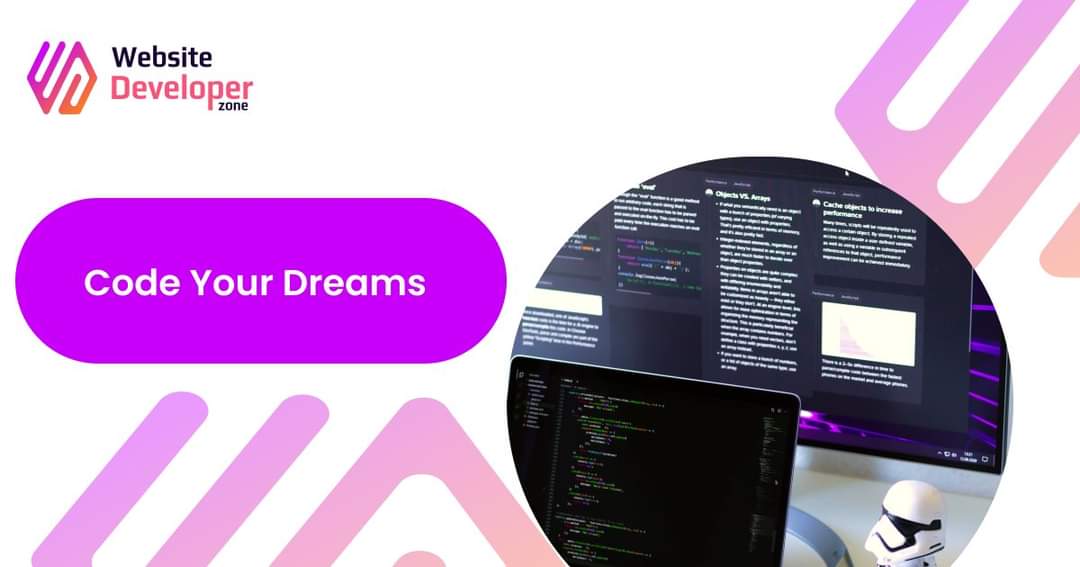How To Mastering Application Programming in 2024: A Comprehensive Guide to Excellence

How To Mastering Application Programming in 2024: A Comprehensive Guide to Excellence
In the ever-evolving world of technology, becoming a top-tier application programmer demands more than just coding skills. As we step into 2024, the demand for skilled and innovative developers continues to soar. Whether you’re an aspiring programmer or looking to level up your skills, here’s a comprehensive guide to becoming the best application programmer in 2024.
1. Embrace Continuous Learning
Technology advances rapidly, and as an application programmer, staying updated is non-negotiable. Dedicate time regularly to learn new programming languages, frameworks, and emerging technologies relevant to application development. Keep an eye on industry trends, attend webinars, join forums, and enroll in online courses to expand your skill set.
2. Hone Core Programming Languages
While there’s a multitude of programming languages, mastering a few core languages is crucial. In 2024, languages like Python, JavaScript, Java, Swift, Kotlin, and TypeScript hold significant importance across various domains. Understand their nuances, functionalities, and best practices to build robust and scalable applications.
-
2024′ Cutting-Edge SEO Strategies: Navigating Google’s Latest UpdatesDecember 25, 2023
3. Specialize in Frameworks and Tools
Frameworks and tools streamline the development process. Familiarize yourself with popular frameworks like React, Angular, Vue.js, and libraries such as TensorFlow for AI/ML applications. Additionally, mastering development tools like Git for version control and Docker for containerization will enhance your efficiency as a programmer.
4. Focus on UX/UI Principles
Great applications prioritize user experience (UX) and user interface (UI) design. Comprehend design principles, study user behavior, and collaborate closely with designers to create intuitive, visually appealing, and user-friendly applications. Proficiency in design tools like Figma or Adobe XD can complement your programming skills.
5. Practice Problem-Solving and Algorithmic Thinking
Coding isn’t just about syntax; it’s about solving problems. Enhance your problem-solving skills and algorithmic thinking by participating in coding challenges on platforms like LeetCode, HackerRank, or CodeSignal. Practice algorithms, data structures, and efficient coding techniques to tackle complex problems effectively.
6. Collaborate and Communicate Effectively
Communication and teamwork are indispensable skills. Engage in collaborative projects, contribute to open-source initiatives, and communicate effectively with team members. Clear and concise communication ensures that your code aligns with project requirements and promotes a collaborative work environment.
7. Build a Strong Portfolio
Showcase your skills through a diverse portfolio of projects. Develop applications across different domains, such as mobile apps, web apps, APIs, or even contribute to GitHub repositories. A strong portfolio demonstrates your expertise and versatility to potential employers or clients.
8. Stay Ethically and Security Aware
Ethical considerations and cybersecurity are paramount in today’s tech landscape. Understand the ethical implications of your code and prioritize security practices while developing applications. Stay updated on security vulnerabilities and best practices to ensure the safety of the applications you build.
Embrace Continuous Learning: The Lifeline of an Application Programmer

The tech landscape evolves at a breakneck pace, making continuous learning a cornerstone for every aspiring and seasoned application programmer. Here’s why embracing ongoing education is crucial and how to make it an integral part of your journey as a developer:
1. Rapid Technological Advancements
New programming languages, frameworks, and tools emerge frequently. Staying stagnant means falling behind. Continuous learning ensures you’re equipped to leverage the latest advancements, keeping your skill set relevant and in demand.
2. Adaptation to Industry Shifts
Industries evolve, and so do their technological needs. Continuous learning allows you to adapt your skills to meet the demands of specific sectors, positioning you as an invaluable asset in domains ranging from healthcare to finance and beyond.
3. Fostering a Growth Mindset
Embracing continuous learning nurtures a growth mindset—an essential trait for a successful application programmer. It fosters resilience, problem-solving skills, and the ability to embrace challenges as opportunities for growth rather than setbacks.
Strategies for Effective Continuous Learning
- Set Learning Goals: Define what you want to learn—be it a new language, framework, or a deeper dive into a particular concept. Break these goals into manageable chunks for consistent progress.
- Utilize Online Resources: Leverage online courses, tutorials, and coding platforms like Udemy, Coursera, Codecademy, and YouTube. These resources offer structured learning paths catering to various skill levels.
- Engage in Communities: Join developer forums, subreddits, and online communities like Stack Overflow or GitHub. Engaging with peers fosters learning through shared experiences, collaboration, and knowledge exchange.
- Attend Workshops and Webinars: Participate in workshops, webinars, and tech conferences. These events provide exposure to industry experts, new trends, and hands-on experiences.
- Practice Regularly: Apply what you learn by working on projects or solving coding challenges. Platforms like GitHub, GitLab, or contributing to open-source projects offer practical learning opportunities.
- Seek Feedback and Mentorship: Solicit feedback on your code and seek mentorship from experienced programmers. Constructive criticism accelerates learning and helps refine your skills.
Final Thoughts
In the dynamic realm of application programming, continuous learning isn’t just an option—it’s a necessity. Embracing a learning mindset, staying updated with industry trends, and actively seeking new knowledge are pivotal in not only staying relevant but also excelling as an application programmer.
Remember, your commitment to continuous learning isn’t just an investment in your career—it’s a testament to your dedication to excellence and adaptability in an ever-evolving tech landscape.
How do you plan to incorporate continuous learning into your programming journey?
Conclusion
Becoming the best application programmer in 2024 demands a multifaceted approach that combines technical expertise, continuous learning, collaboration, and a focus on user-centric development. By embracing emerging technologies, refining core skills, and adapting to industry demands, you can position yourself as an exceptional application programmer in the rapidly evolving tech landscape of 2024.
Are there specific programming languages or aspects of application development you’d like to explore further?
This blog post covers various facets of becoming an exemplary application programmer in 2024, offering guidance on skills, tools, and approaches necessary to thrive in the ever-changing tech industry.







